Four Poisonous Plants for Cats
Posted on 24/06/2020
Which Plants are Toxic to Cats?
If you've got cats who like to go outside and enjoy your garden, whether it's for a spot of sunbathing, or to indulge their hunting instincts, you want to make sure they are safe. But while many of us worry about the dangers posed by traffic and predators, it's also important to remember that there are other things in your garden that could cause your cat harm, including the plants that live there. Whether you do the gardening in your home, or you have a gardening team to do it for you, make sure that whatever you choose for your garden design, doesn't pose a risk for your cat. Below we share some of the most common plants that gardeners choose that may harm your feline friend.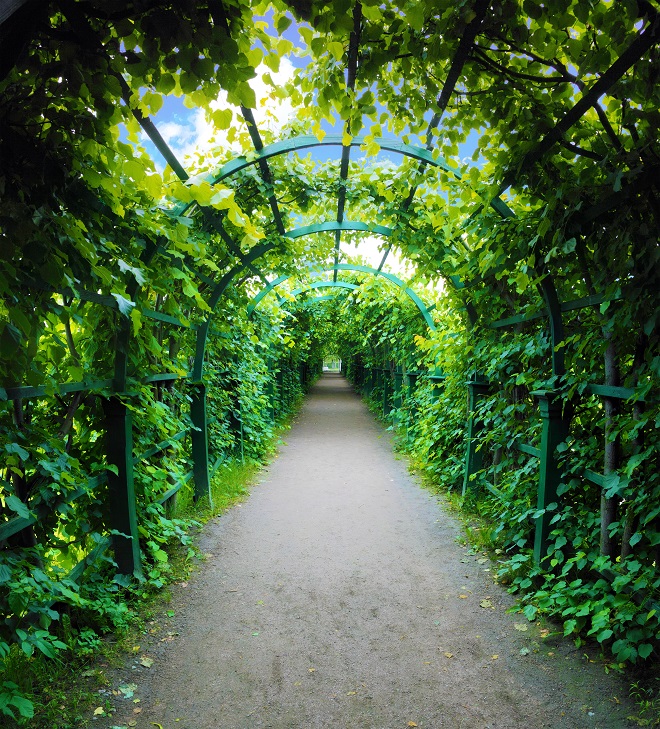
English Ivy
Not always a plant of choice for many landscapers, but a common one in a range of homes across the UK, and one that presents a serious health risk to kitties roaming the garden. It's also a common house plant, so many not just be one for avid outdoor gardeners to be wary of. The effects of Ivy when consumed by a cat can include excessive salivation, vomiting, diarrhoea, and abdominal pain, as the toxin within the plant affects the gastrointestinal tract. 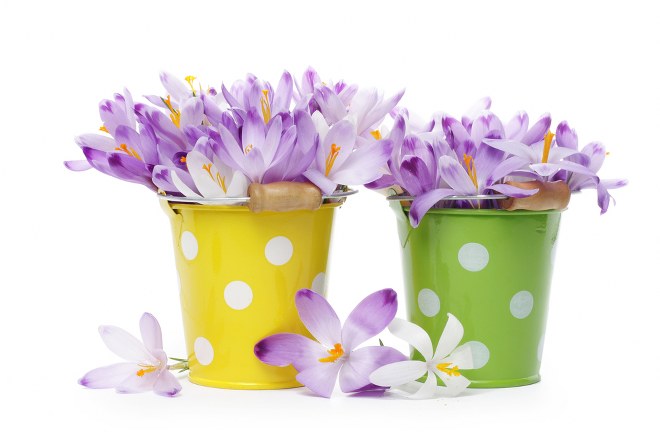
Autumn Crocus
Crocuses are a beautiful and commonly planted flower in many gardens across the UK thanks to the bright colours and attractive smell. However the whole plant is considerably toxic for your purring pal, with the bulb being the most dangerous part for them to ingest. Should this occur it could lead to a painful burning sensation in their mouth, vomiting, diarrhoea seizures, potential kidney damage and heart issues. It is certainly not one the cat loving gardener wants to leave in easy reach. 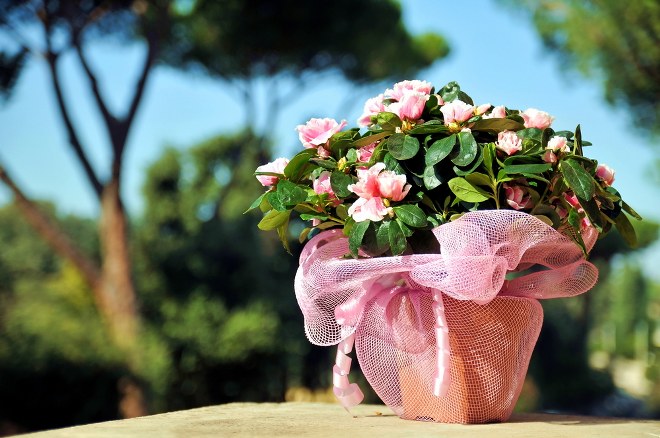
Azaleas
A hugely popular plant with many gardening experts due to its colour, vibrancy and quick proliferation, but one that your cat won't appreciate. Even minimal ingestion of Azalea leaves can cause oral irritation, vomiting and diarrhoea. Should your cat eat a significant amount it could result in a dangerous drop in blood pressure, possible coma and even death. 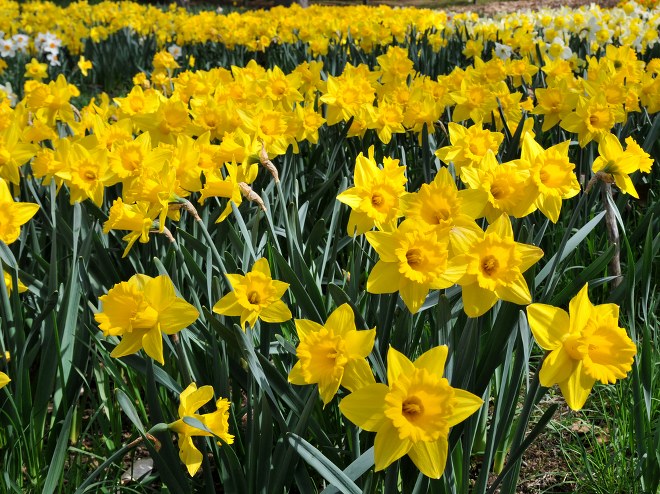
Daffodil (bulb)
As with Autumn Crocuses, the whole of the daffodil is potentially dangerous to cats, but it is the bulb that poses the biggest risk. If cats eat any part of this popular and sunny looking flower it can result in a dangerous drop in blood pressure, abdominal pain, vomiting, diarrhoea and often convulsions. If a cat is to eat the bulb of the plant, the intensity of these symptoms is likely to be significantly more serious. Landscapers should limit access to the plant, as this is the most effective way of ensuring no harm comes to your furry friend. 
Keeping your pet safe
If you love landscape design, and dream of filling your garden with exciting, colourful and fragrant flowers and plants, the plants above are likely to be in your list of desired plants. Unfortunately for all cat loving garden designers out there, the only reliable way to keep your cat safe from the potential effects of these plants is to do everything you can to prevent them accessing them. Of course if your cat roams the neighbourhood, you can't always stop them ingesting these plants elsewhere, but you can prevent them doing so in your own garden. And if you're not sure what else to replace these toxic plants with to enhance your landscaping project, it might be worth consulting a gardening professional to get their input on the perfect alternative.




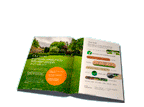
 Certified and experienced landscapers
Certified and experienced landscapers




 Get a Quote
Get a Quote